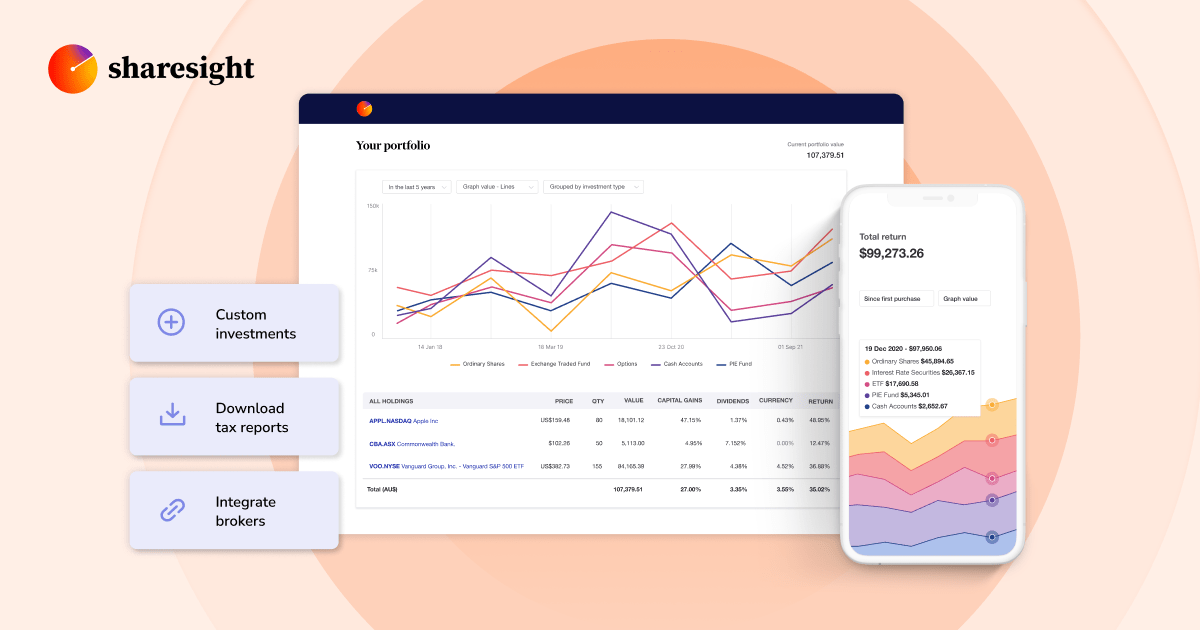Half of Individuals really feel “financially frozen,” according to new research.
A survey analyzing the monetary conduct and methods of two,000 Individuals discovered that 53% of respondents really feel caught, overwhelmed or uncertain about what to do in terms of their funds.
Respondents stated their greatest monetary considerations are paying for requirements (36%) and sticking to a month-to-month funds (36%).
Moreover, many fear about long-term monetary safety. Nearly 1 / 4 (22%) are apprehensive about their financial savings technique, whereas others stated they’re feeling burdened about retirement (21%), loans and debt cost (20%), and investing (9%).
Data Overload Contributes to Financially Paralysis
The survey performed by Talker Analysis on behalf of Zoe Financial confirmed that one main cause folks really feel “financially frozen” is the overwhelming quantity of knowledge on the web and social media.
Respondents reported feeling most helpless when navigating inflation and the price of dwelling (25%), investing (24%), and budgeting and saving methods (23%).
That insecurity manifests in regrets down the road. Three in 4 (77%) stated they need they’d have finished issues in a different way previously that might have made their monetary future higher.
The areas respondents want they’d have taken extra motion in are financial savings methods (55%), sticking to a stricter month-to-month funds (41%), and investing (38%).
“It may be difficult to navigate an ever-changing world with monetary confidence,” stated Andres Garcia-Amaya, CFA, Zoe Monetary’s Founder & CEO. “Discovering recommendation you may belief isn’t all the time straightforward, however with the best assist, folks can really feel extra in command of their monetary journey.”
Whereas 83% say they wish to be higher ready financially, greater than half (53%) don’t know the place to begin or are apprehensive that they’ve waited too lengthy to hunt monetary recommendation to make an actual distinction of their future.
The common particular person surveyed stated they didn’t take their retirement planning severely till age 38, regardless of believing the perfect time to get severe about it’s 29.
The excellent news is that youthful generations are taking steps to organize for his or her monetary future early on. Gen Z respondents actively started planning for retirement at age 25, in comparison with millennials at age 34. Each are sooner than older generations: Gen X didn’t begin till age 38, whereas child boomers waited till age 43.
Solely 26% of respondents stated they’ve a monetary advisor. For individuals who don’t have one, the largest blocker to hiring one is a false impression that monetary recommendation and success are just for the prosperous.
Thirty-nine p.c of those that have not thought-about discovering a monetary advisor imagine they can not afford it, whereas 24% suppose they do not find the money for for it to be crucial (24%).
Different considerations cited by contributors had been fears about being scammed (19%) and misinformed beliefs that monetary advisors (39%) and customized portfolio methods (48%) are just for wealthy folks.
“Funds are deeply private and infrequently emotional, so many individuals hesitate to blindly belief know-how with their monetary future,” Garcia-Amaya added. “Individuals nonetheless suppose monetary recommendation and funding administration are just for the rich, which may discourage them from in search of steerage. The reality is, that was the case, however we imagine in altering the business. By enabling extra folks to search out the best advisor for his or her wants, we’re attempting to assist them to take step one towards monetary confidence and long-term success.”
Issues About AI-Pushed Instruments in Monetary Choices
As AI turns into extra prevalent, one fact stays within the monetary business: Individuals nonetheless worth the human contact and aren’t prepared to provide it up. Thirty-seven p.c stated they’d really feel uncomfortable relying solely on AI-driven instruments to assist with their funds, preferring actual folks. Most respondents take into account human monetary advisors extra reliable (58%), understandable (50%) and efficient (47%) than AI-driven instruments.
When requested to rank their AI considerations concerning private finance, respondents stated they don’t belief new know-how, are involved about how delicate knowledge can be saved and used, and are uncertain use AI successfully.
High Areas Individuals Say They Lack Monetary Information
- Inflation and value of dwelling changes (25%)
- Investing (24%)
- Budgeting and saving (23%)
- Retirement planning (22%)
- Debt administration (18%)
- Social Safety (17%)
- Tax planning (16%)
- Property planning (15%)
- Well being care and insurance coverage (15%)
- Homeownership (12%)
Survey methodology:
Talker Analysis surveyed 2,000 Individuals; the survey was commissioned by Zoe Monetary and administered and performed on-line by Talker Analysis between Feb. 13 –18, 2025.
Source link












![[Bombshell News] Consultants say we’re DANGEROUSLY near a recession 🚨 [Bombshell News] Consultants say we’re DANGEROUSLY near a recession 🚨](https://i.ytimg.com/vi/DvnKvkjdsMc/maxresdefault.jpg)

